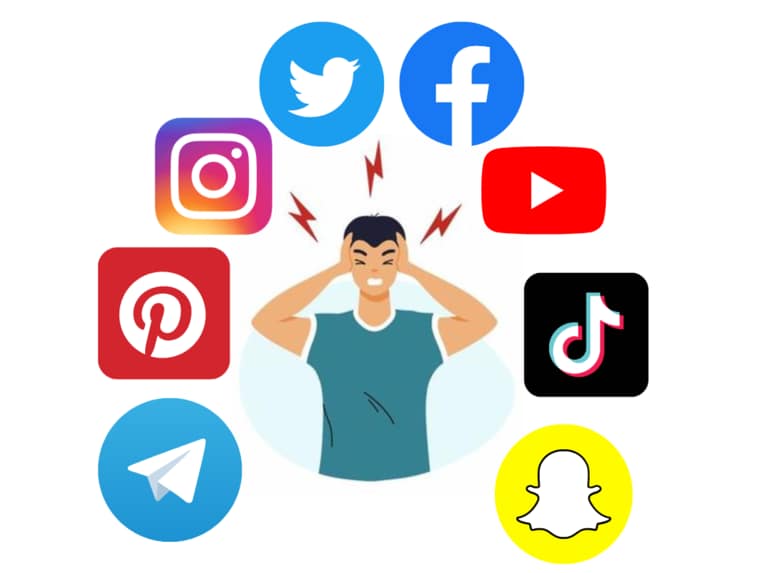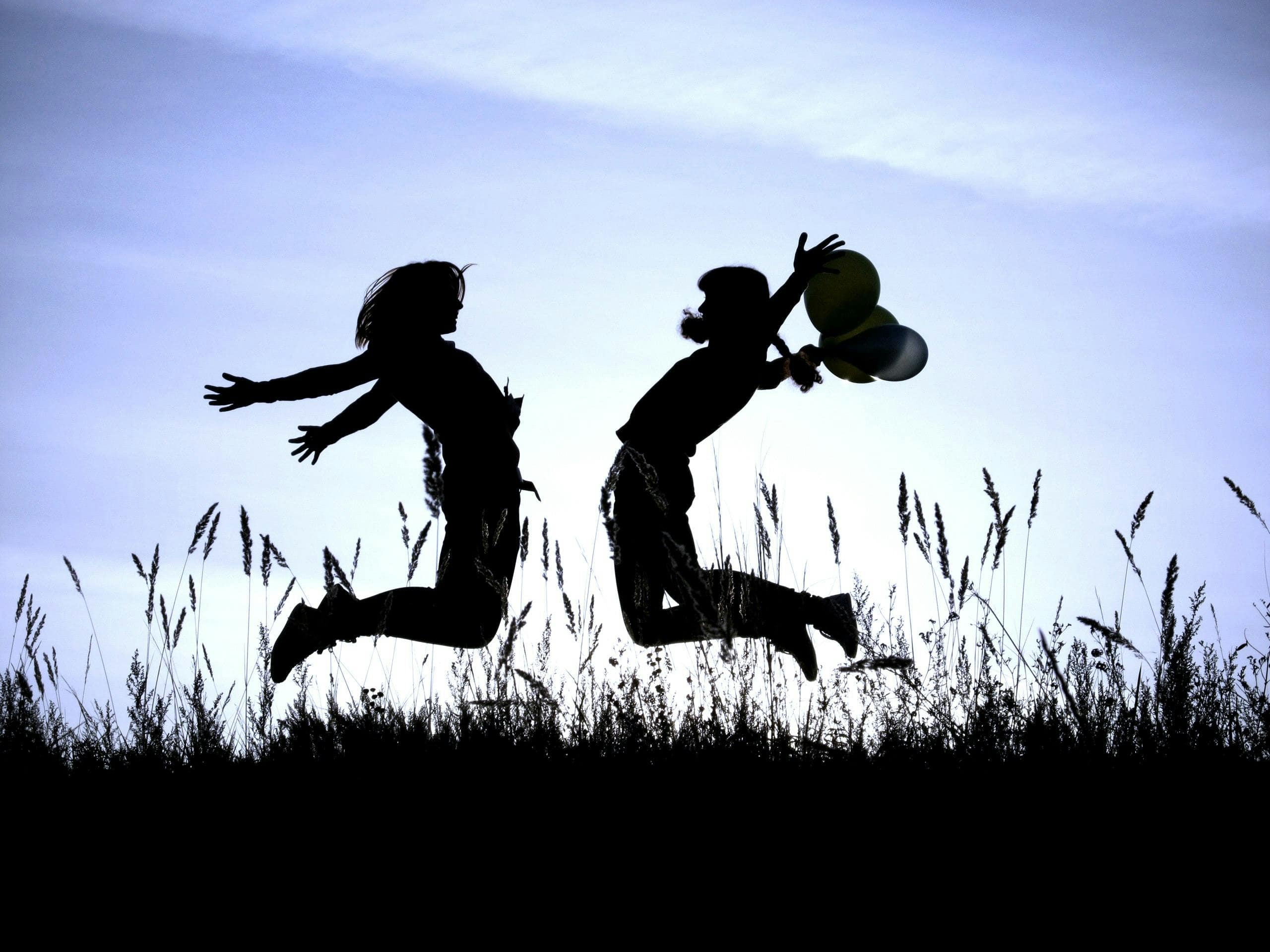The mental health of children and adolescents has increasingly garnered attention in popular culture. Titles such as Johnathan Haidt’s book The Anxious Generation (Haidt, 2024), Netflix’s series Adolescence, and the documentary The Social Dilemma sparked much conversation. The topic has also gained academic interest, with researchers referring to an ongoing youth mental health “crisis” (Fonagy, […]
Next time you’re at a bar checking out your crush, remember: even if you think you’re being subtle, your pupils know better
It is often assumed that social media use contributes to mental health issues and impaired cognitive functioning. This assumption has even led to a ban on social media use for children under 16 in Australia. Recently, in the Netherlands, politicians from D66 suggested implementing a similar measure.
This blog about the PhD thesis “Intrapersonal and Interpersonal Dynamics in Personality Expression: A Complex Dynamical, Enactive, and Embodied Account” by Nicol Arellano-Véliz, explores how embodied dynamics express personality, linking early motor patterns to adult traits and offering new insights into human behavior and development.
For a little over three years now, I’ve been a member of the Ethics Committee Psychology (ECP). One of the things I have learned on this committee is that, as a researcher—and as a participant—I was largely unaware of the systems, laws, and protocols in place. Now, viewing research from both sides, I have a new perspective on all this.
How is a study evaluated, and what rights and laws come into play? And what else goes through the mind of an ECP member when they review a study?
Facing stress from daily adversities? The research presented in this blog post supports the idea that listening to music can significantly reduce physiological and psychological stress responses, making it a powerful tool for harmonizing your stress response.
Virginial Pallante, a visiting researcher from the Netherlands Institute for the Study of Crime and Law Enforcement, explains how ethology intersects with the social sciences. Through a primatological lens, Virginia examines human behavior during conflicts, exploring the role of emotions and bystander responses. Her interdisciplinary approach not only enriches the understanding of human behavior but also emphasizes the necessity of collaborative work in addressing complex societal questions.
Communicating about chronic fatigue. And what psychology can teach us about it. Are psychological symptoms less real than physical ones?
Across virtually all levels and topics of education, students need to learn facts. The SlimStampen algorithm, developed at the UG, aims to optimize the process of fact learning. PhD student Thomas Wilschut explains how the algorithm works, what it tells us, and how future work (including his own) can improve it.
Setting goals efficiently drives long-term goal pursuit, but it also facilitates the experience of flow states – such an intense focus on the present activity that goals, as future-oriented objects, lose importance and experience becomes deeply meaningful. Metaphorically, what makes a journey meaningful is not its destination, but the process itself.










